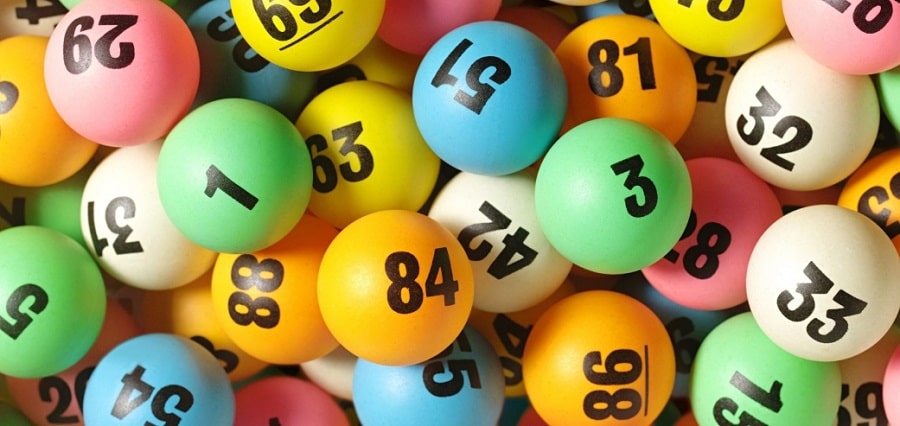How the lottery came about

At the moment, playing the lottery is a hobby for many people. And it’s a really interesting activity that helps to brighten up people’s leisure time. According to statistics, American lottery fans bought tickets worth a total of $71 million in 2017 alone. According to some sources, around 70% of adults play the lottery regularly, and that number goes up if there’s a large jackpot involved. But it’s worth considering where and how lotteries came about.
The first lotteries: Doves and Duels with Zeus
As far back as the Old Testament there is the first mention of lotteries. The book of Numbers deals with Moses dividing the land on the west bank of the Jordan River among the people by lottery.
Biblical historians tell us that the people had to perform a certain act, in which they received a randomly distributed reward.
After this, references to lotteries can also be found in ancient Greece. For example, one situation suggests that there were pebbles to be drawn by warriors from a golden helmet. But here the prize was not the best, namely a duel with Zeus. But in fact, winning the lottery gave you the opportunity to either keep your life or die with honour.
After that, too, the Greeks invented the lottery machine called the Cleroterion. It served not for the lottery, but for the selection for public office or for the appointment of judges. In general, the principle of operation was no different from that of lottery machines. There were slots in the machine, where tickets with people’s names were placed. And there was also a tube, behind which balls of different colours were randomly dropped, and each one corresponded to a particular row. The colour of the ball meant the candidate.

The first lottery that went on sale across Europe was developed by Emperor Octavian Augustus. And all the proceeds from the sale served the needs of the empire, with gifts of varying value being given as prizes. Initially, this kind of fun was served at feasts, where the guest had to pull out a small piece of wood on which was indicated an alophora, i.e. a gift from the master of the house.
In China, the first lotteries were held as early as the 3rd or 2nd century BC. The game is similar to modern Keno in its rules. But here, instead of numbers, the first 120 characters of the poem “Thousandthread” were used. To win, a player had to guess the number of hieroglyphs, and the lottery organiser drew them by hand. Here, all of the money raised went to the war effort. And some funds were needed to build the great wall.
It is also known from some sources that an original lottery was held at the same time. A dove was simply released, and on whose roof it landed, the house owner was the winner.
But it should be noted that the story was not over, already in the 19th century, when the lottery was banned, organisers of underground bingo started using carrier pigeons. All to deliver tickets or prizes for the game to participants. But even after lotteries across China became legal again, the use of pigeons for criminal purposes did not stop. In 2017, there was a situation where a woman saw a pigeon with a scratch card. After catching it and erasing the security layer, she discovered a RMB 280,000 winnings. Of course, she called the number regarding the winnings, but the response was a tax demand of RMB 50,000. Of course, after this, the woman simply went to the police, who said it was a fraud.
